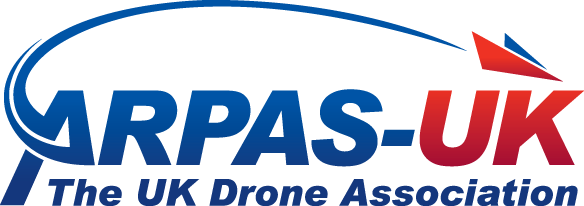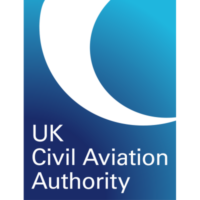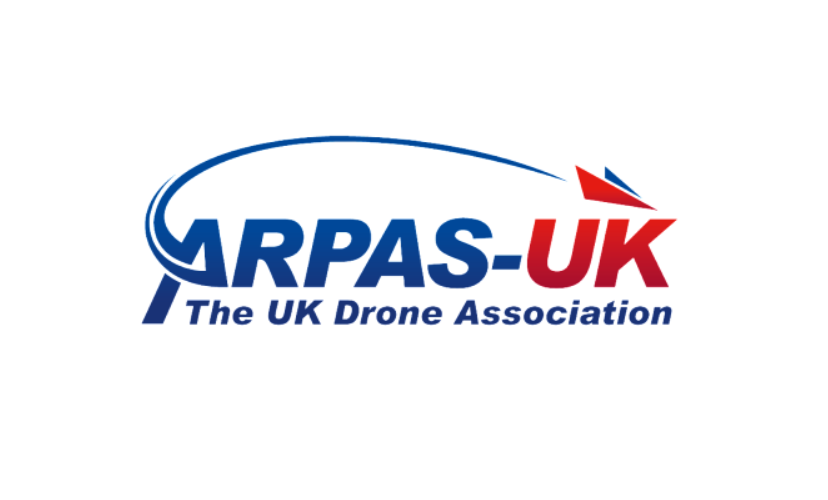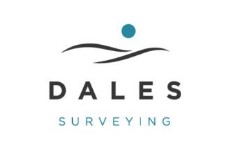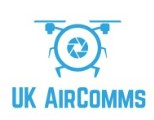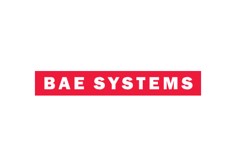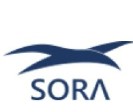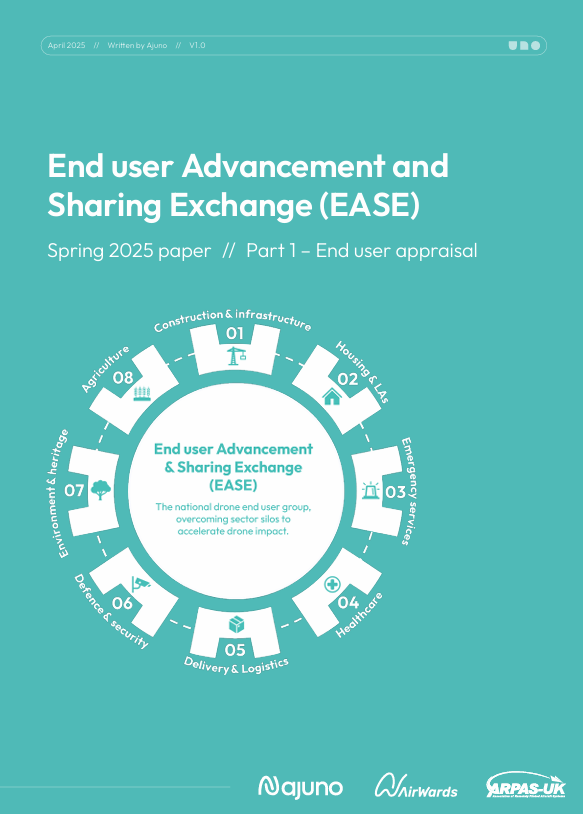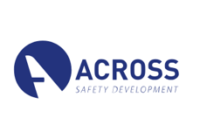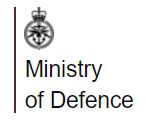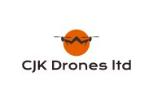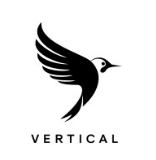The HAPS Alliance today announced the release of its HAPS Reference Architecture Series: HAPS Advantages in an Era of Satellite Connectivity white paper. The paper is the second installment in a comprehensive series designed to clarify and explore the complex yet transformative technology of High Altitude Platform Stations (HAPS). Developed by the HAPS Alliance Telecommunications Working Group (TWG), this free-to-download report explores the unique use cases and untapped potential of HAPS to revolutionize connectivity, complementing both terrestrial and satellite networks.
HAPS, which typically include balloons as well as solar- or hydrogen-powered airplanes stationed in the stratosphere at altitudes of 18–24 km, serve as innovative non-terrestrial network (NTN) platforms. While often compared to satellites, HAPS offer distinct advantages, including compatibility with standard end-users’ existing handsets as well as much higher throughput and lower latency over large service areas including indoor environments. These attributes make HAPS ideal for providing high-speed broadband to remote or underserved areas, filling coverage gaps, and enhancing emergency communication networks. HAPS can also be quickly retasked and repositioned to areas of greatest need, such as during a disaster or major event—something that satellites are unable to do.
“The release of this paper marks an important step in unlocking the full potential of HAPS,” said Ken Riordan, President of the HAPS Alliance. “HAPS use cases offer a unique opportunity to enhance connectivity in ways that satellites alone cannot, particularly in challenging environments like disaster zones or remote areas. We believe this report will help stakeholders across the globe recognize the critical role HAPS can play in achieving universal, reliable, and high-performance connectivity. I’d like to thank the TWG for their work on this paper.”
Key Highlights of the Use Case Paper
The paper explores a wide range of use cases and technical scenarios where HAPS can excel, including:
- Greenfield Coverage: Delivering connectivity in areas lacking cellular networks.
- White Spot Reduction: Addressing small, geographically scattered gaps in cellular coverage.
- Emergency Communications: Providing resilient communication during disasters and aiding recovery efforts.
- Extended Maritime Connectivity: Supporting offshore industries and recreational activities.
“HAPS technology supports diverse applications in sectors such as automotive, public safety, agriculture, and marine operations. From enabling vehicle software updates and traffic safety alerts to enhancing disaster response and environmental monitoring, HAPS can transform communication and operational efficiency,” said TWG Chair Jaroslav Holis, Senior R&D Manager, Deutsche Telekom AG. “HAPS play a critical role in building multi-layered non-terrestrial networks (ML-NTNs), enabling resilient backhaul solutions in coordination with LEO, MEO and GEO satellites. As satellite-based direct-to-smartphone communication continues to face throughput and coverage constraints, HAPS emerges as a superior solution for high-performance, cost-effective connectivity.”
Not a Member? Join the HAPS Alliance
All companies interested in the HAPS ecosystem are encouraged to become HAPS Alliance members. Alliance membership is open to organizations in any industry sector. Members have the opportunity to become involved in various membership initiatives, including working groups and collaboration with other HAPS Alliance members to work on technology components and use cases for enabling a smarter world.
About the HAPS Alliance
The HAPS Alliance is an industry association of High Altitude Platform Station (HAPS) industry leaders that include telecommunications, technology, defense, aviation and aerospace companies, as well as public and educational institutions. United by a mission to unlock the stratosphere to enhance connectivity and sensing services for civilian and government applications globally, the Alliance is working to accelerate the development and commercial adoption of HAPS technology by promoting and building industry-wide standards, interoperability guidelines and regulatory policies in the telecommunication, defense and aviation industries. For more information, please visit https://hapsalliance.org/
